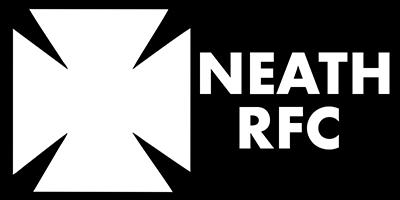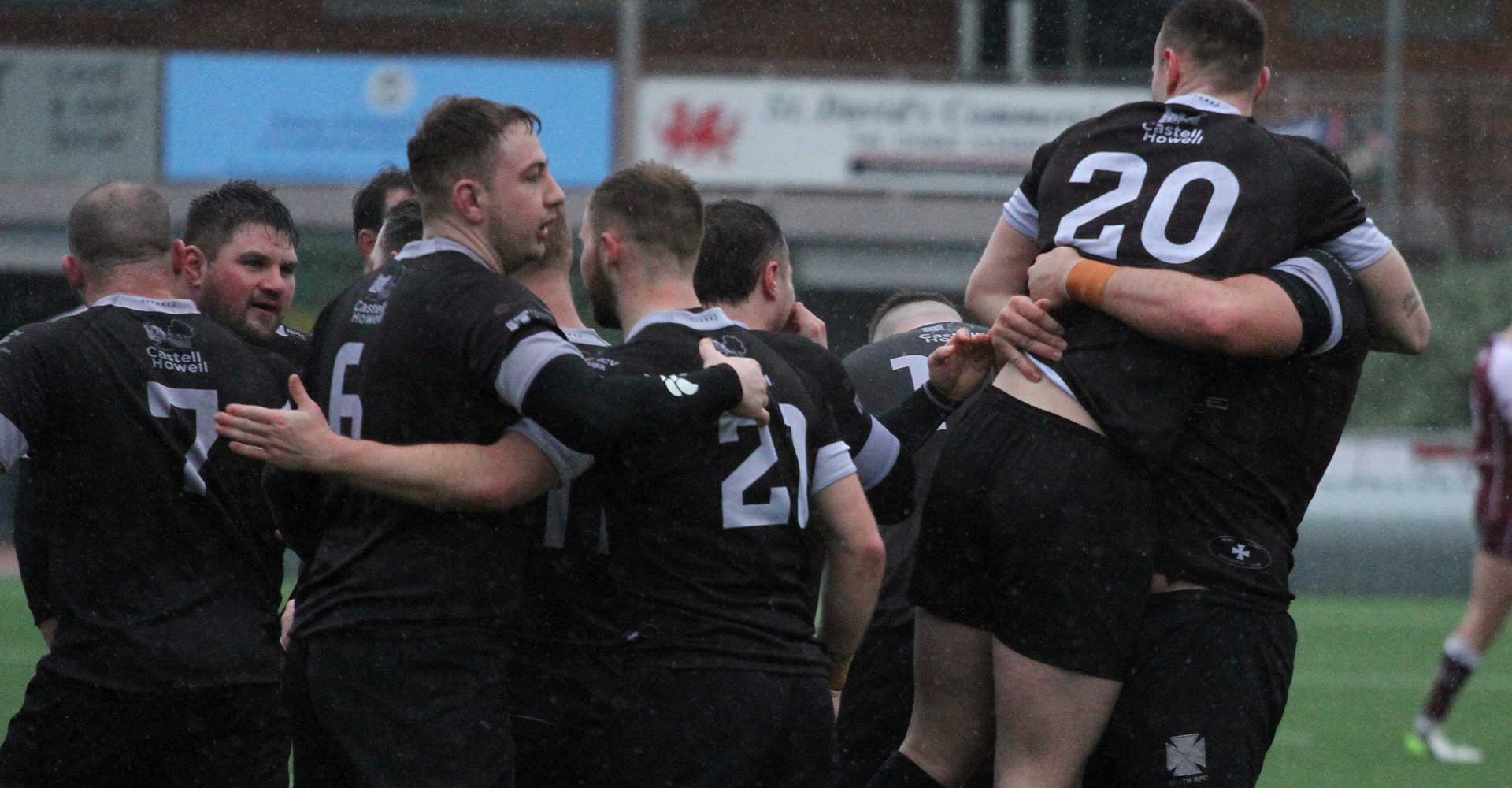



A Neath man through and through, Glen was born and bred in the town and, through his achievements on the rugby field with the Welsh All Blacks, he did more than most to put his home-town on the map and the loss of another favourite son of The Gnoll is hard to bear.
Glen Ball graduated to The Gnoll via the well-worn path of Neath Schools rugby and Neath Athletic Colts whom he captained in 1959/60. After playing for Neath Athletic, Glen was given his chance by Neath in January 1961 when he figured in an 8-8 draw at London Welsh. He immediately signalled his arrival on the first-class scene by dropping a goal and scoring a try which full back Grahame Hodgson converted.
Thereafter, the centre position was more or less his for the next 12 years when he was virtually ever-present. Along with his great friends Grahame Hodgson, Martyn Davies, Ron Waldron and Dave Morris he was one of a select band of five at the time who played over 400 games for the Neath Club and, spurred on by leaders like John Dodd, Morlais Williams and Brian Thomas, provided the core of the Club’s success during that period.
Defensively rock-solid, Glen was a cultured centre who possessed that vital knack of timing a pass and knowing when to pass. With a plentiful supply of ball assured from the powerful Neath pack of the time, his skills flourished and the Neath wings in particular benefited as finishers like Howard Rees, Hywel Williams and John Roberts ended with high try-scoring tallies.


Glen Ball pictured (centre) with Ron Waldron and Kevin Phillips
Photo courtesy of Len Kowalski of www.lensworkphotography.co.uk
Playing usually alongside D.B. (Brian) Davies and outside Keith Evans, Glen was an integral part of the Neath team which won the Welsh Championship in 1966/67 and, after appearing in several Welsh trials, he was chosen for the Wales team which toured Argentina in 1968 when he appeared in both tests against Argentina and for which he was belatedly awarded a Welsh President’s cap.
Returning from the tour, he rushed back into action to captain Neath in 1968/69 and the following season Glen was in the Neath VII which won the Snelling Sevens.
One of Glen’s proudest moments came in 1971/72 when Neath celebrated their centenary by becoming the first winners of the WRU Cup as David Parker’s try and John Poole’s goal-kicking behind a masterly, majestic pack helped the Blacks beat Llanelli 15-9 in the final at the Arms Park.
The following season, Glen dislocated his shoulder in the semi-final of that competition against the same opponents and many felt that Neath would have gone through to a second final had he not been injured.
Having passed the 450-appearance mark, he retired at the end of the 1972/73 season and went to coach at Ystalyfera but played one final game for Neath, coming out of retirement to play on a Friday night at Pontypool in March 1975.
Glen returned to his roots to coach Neath Athletic Colts but, as the Thomas Revolution got underway at The Gnoll in 1982/83, he immediately joined Ron Waldron to coach the Neath senior team as the Welsh All Blacks embarked upon the course that would establish them as probably the finest club side in the world.
With Brian at the helm, Ron and Glen coaching and, with Gareth Thomas in the first year then David Shaw as team secretary, Neath installed the hitherto unheard of team management system which would drive them to the top.
Success did not come immediately though as the foundations needed to be laid first but a losing Cup final appearance 19-24 against Cardiff in 1983/84 gave a hint of things to come as Neath’s dynamic game plan emerged, based on fast forwards like Brian Williams, Mike Richards and Lyn Jones and exciting backs in the young Jonathan Davies and Elgan Rees.
Neath went on to dominate the British club scene; Welsh championship titles and WRU Cups were won in rapid succession and in 1988/89 the club established two new world records for a club side – 1,917 points and 345 tries.
The following season Glen helped prepare Neath for their epic tilt at the world champions of New Zealand in 1989 and, while Neath’s forwards rightly take many of the plaudits when they are successful, as the facts above clearly indicate the backs under Glen flourished too.
Away from the Gnoll, like many Neath players of the time, Glen was employed at the BP Oil Refinery in Llandarcy where he worked until retirement. Glen, the family man, was proud too that his son Jason and son-in-law Colin Laity who married daughter Joanne both played for Neath – naturally both were centres !


Glen Ball pictured (right) with Martyn Davies and Brian Thomas
Photo courtesy of Len Kowalski of www.lensworkphotography.co.uk
After stepping down from The Gnoll, Glen briefly coached at Aberavon and Bonymaen but it was not the same for him as coaching his beloved All Blacks whom he continued to follow even after illness struck him.
He was inducted into the Supporters’ Club “Hall of Fame” – an honour he shares with truly august company – and the Neath Club has lost one of its true legends.
Neath is steeped in rugby tradition and I recall as a schoolboy who was ever eager to glean rugby knowledge listening as a senior Neath committee-man of the 1960’s described Glen as “Neath’s best centre since Gwyn Moore” who played between the wars and who should have been capped.
Glen’s clear and direct coaching and motivation helped many young players including probably the next in that dynasty – Allan Bateman. As player, captain and coach he made a massive contribution to all that is good about Neath.
Glen Ball’s place in the annals of Neath RFC is assured and the Club’s deepest condolences go to his wife Eve and the family.
MP


